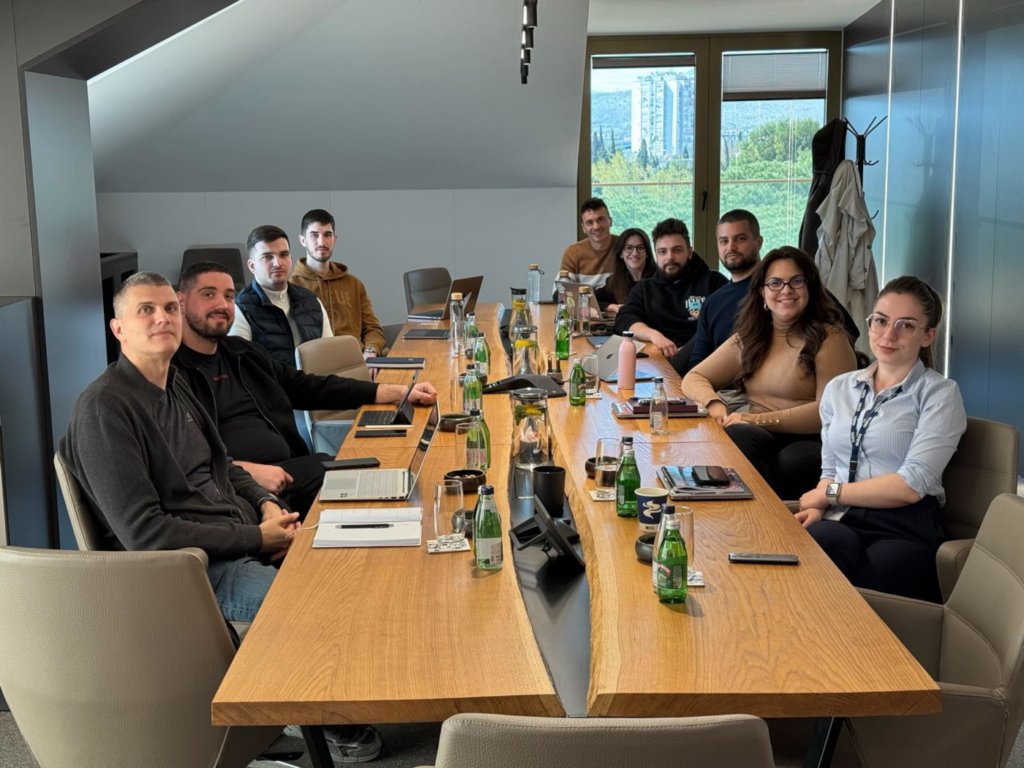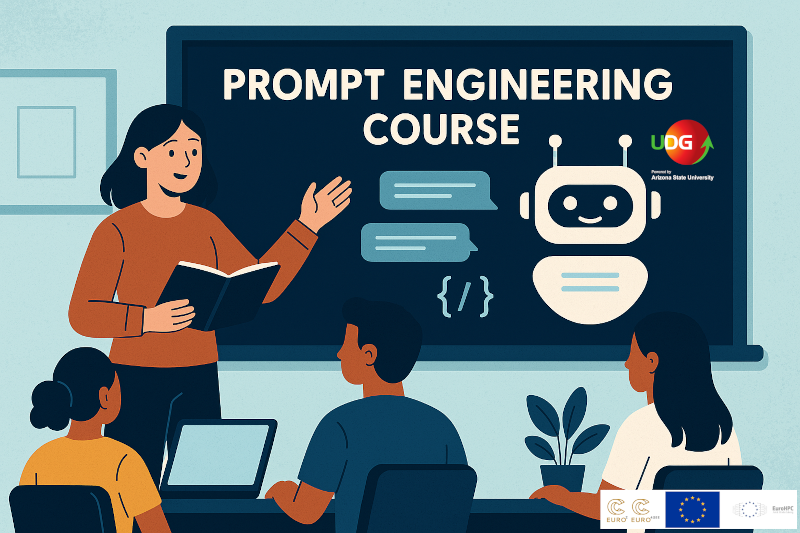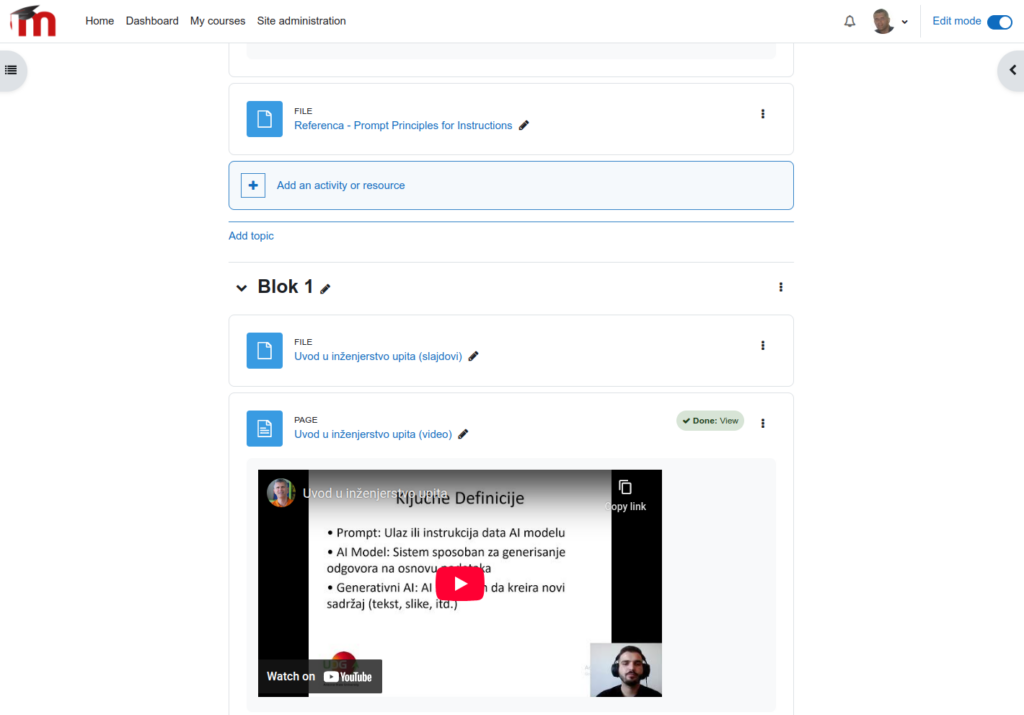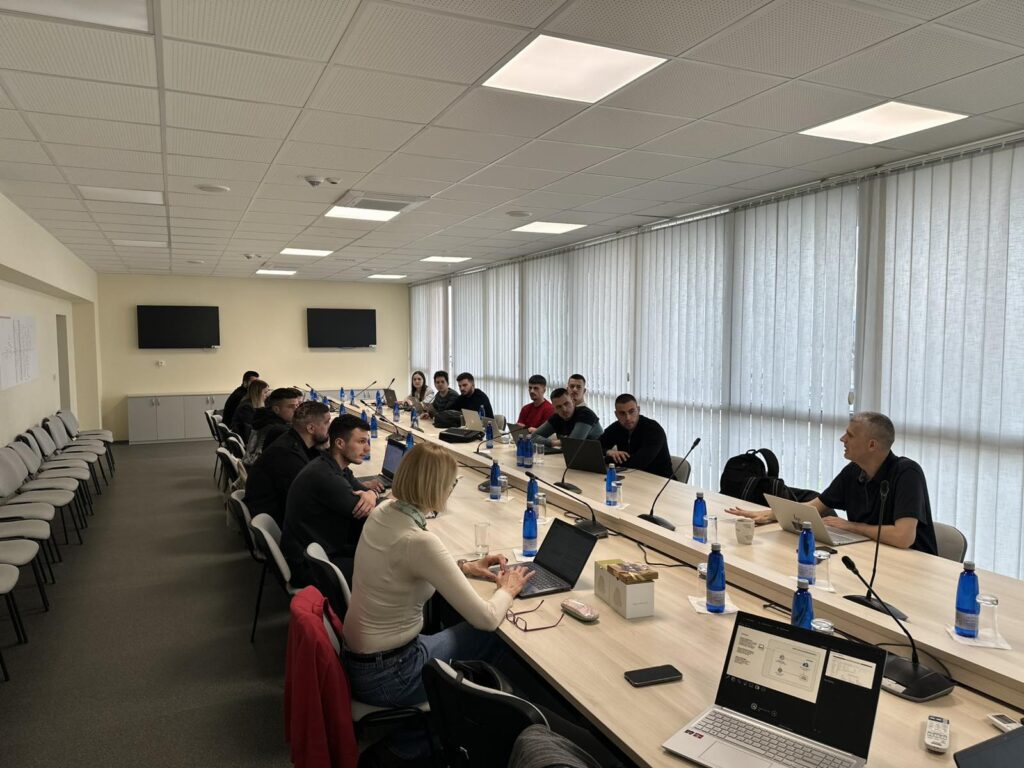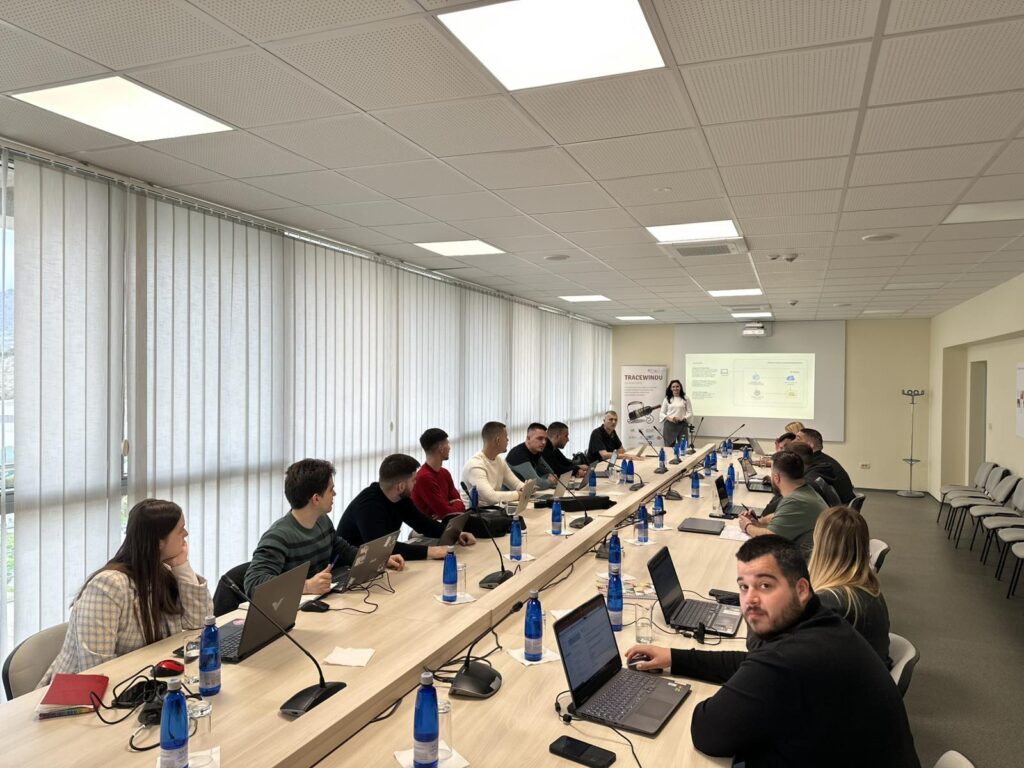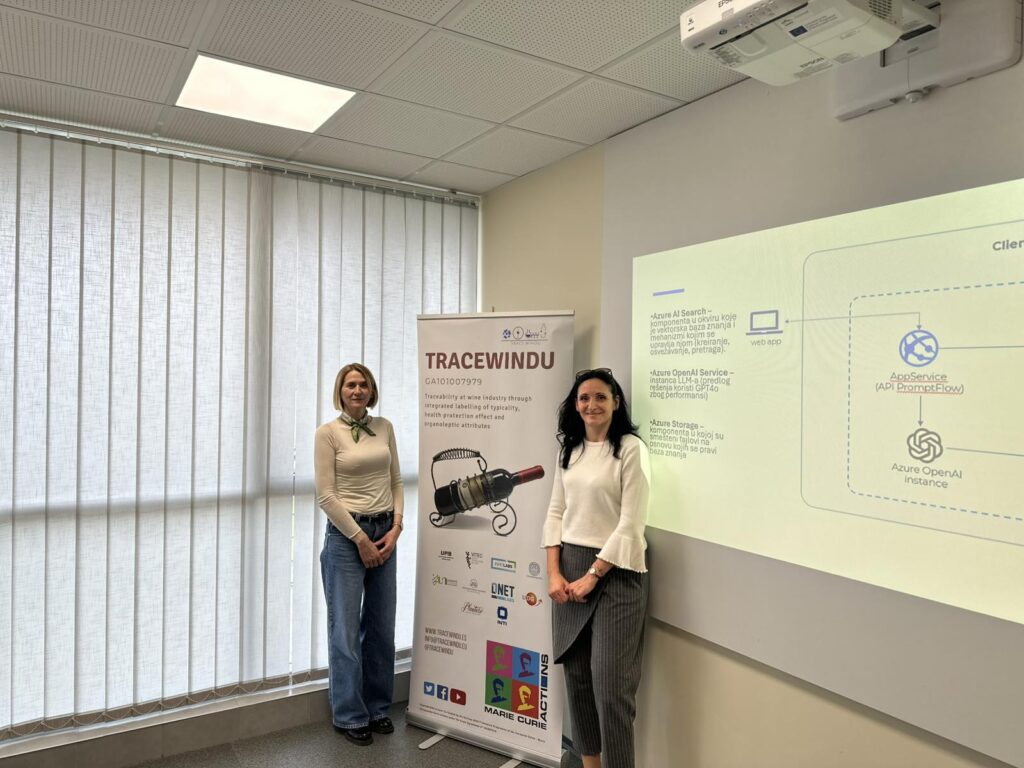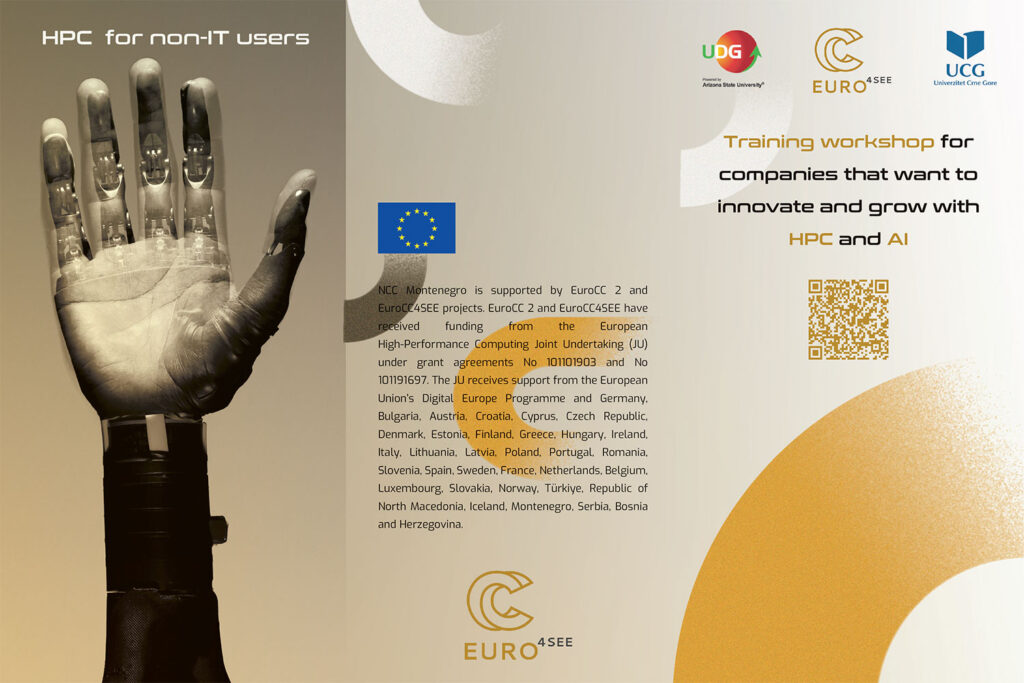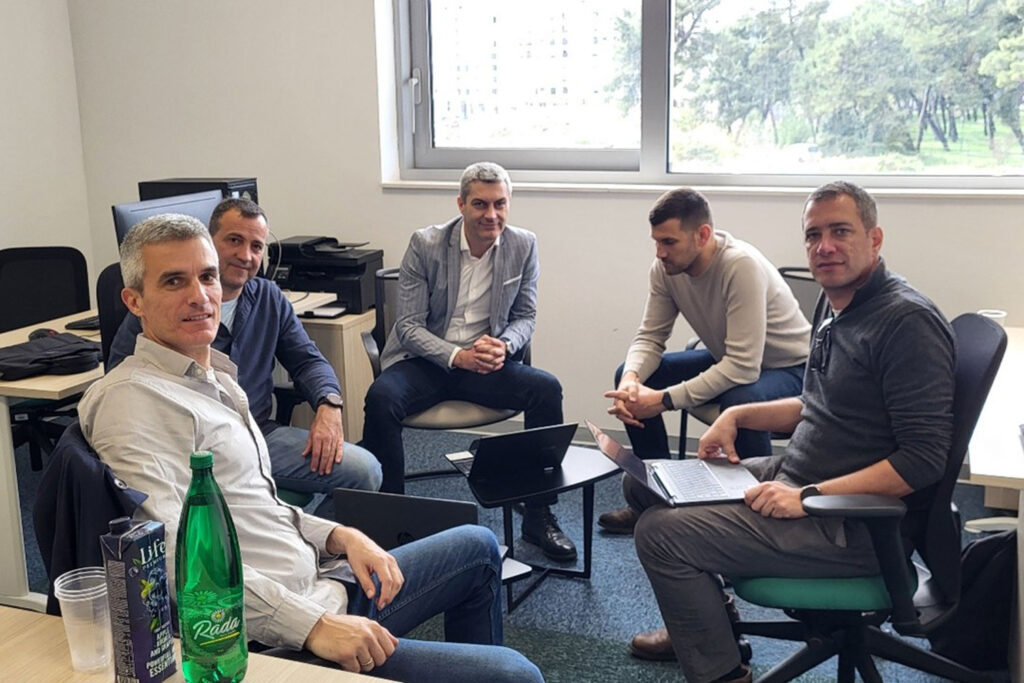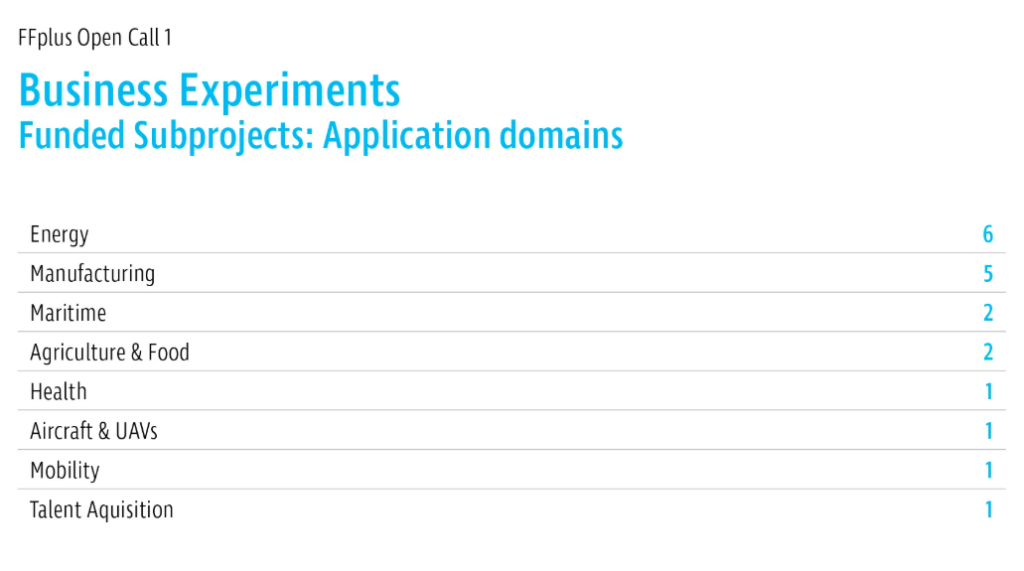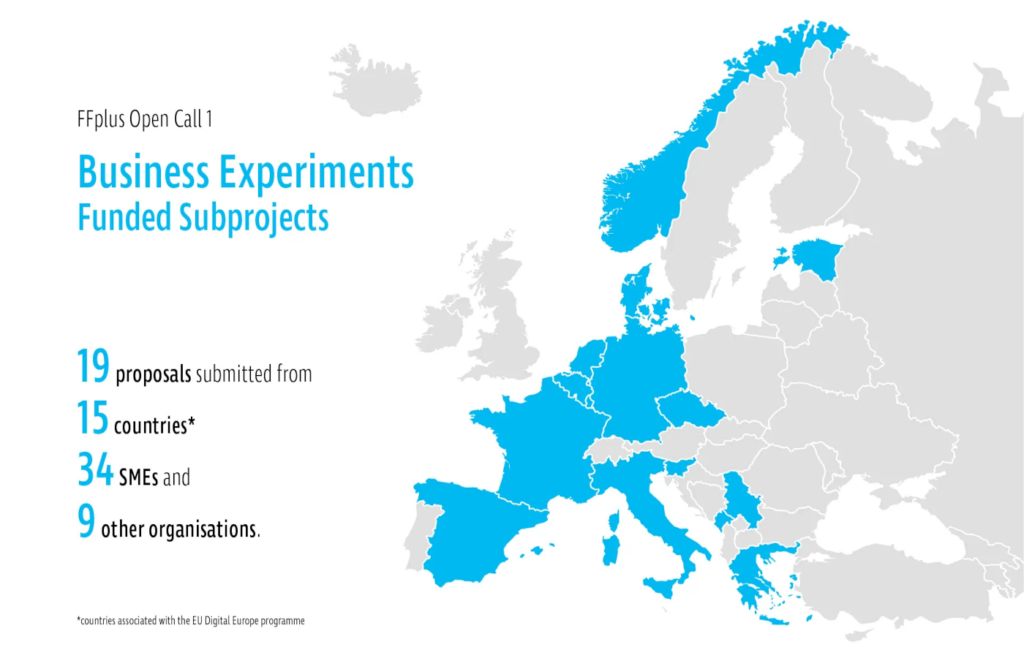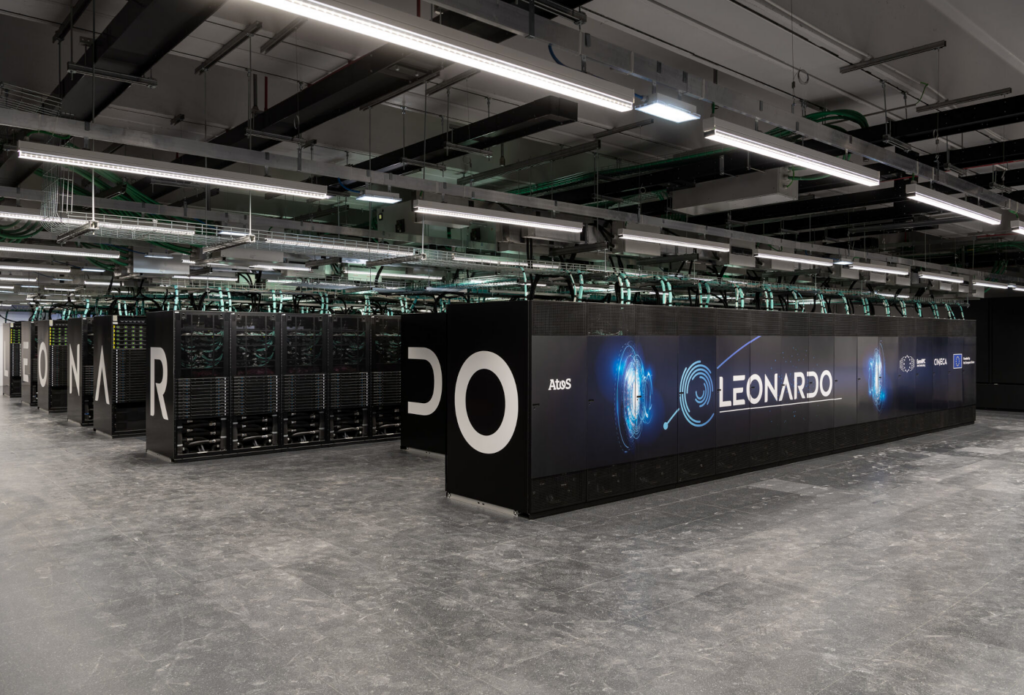On 8 April 2025, the NCC Montenegro team—Tomo Popović, Ivan Jovović, and Elvis Taruh—visited COINIS, a leading Montenegrin digital marketing and ad tech company, to discuss potential collaboration in high-performance computing (HPC) and AI. We were warmly welcomed by our hosts, Ms. Tamara Pavlović and Ms. Aida Ismailisufi.
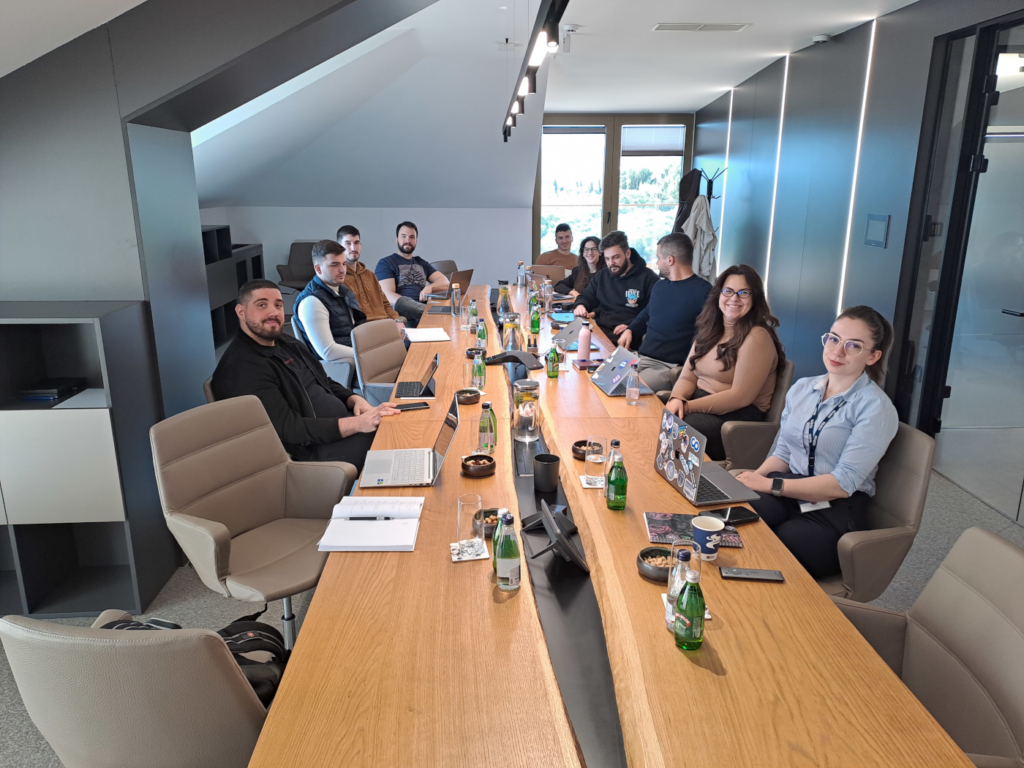
The NCC team introduced the EUROCC2/EUROCC4SEE project and discussed how COINIS could leverage HPC resources for advanced data analytics, AI-driven personalization, and generative AI applications. Opportunities through EuroHPC calls, including FFPLUS, were presented, alongside examples of successful industry use cases.
Further collaboration was discussed, including POC project support and joint capacity-building activities. A follow-up is planned to define a concrete use case and collaboration with regards to a possible application process.
